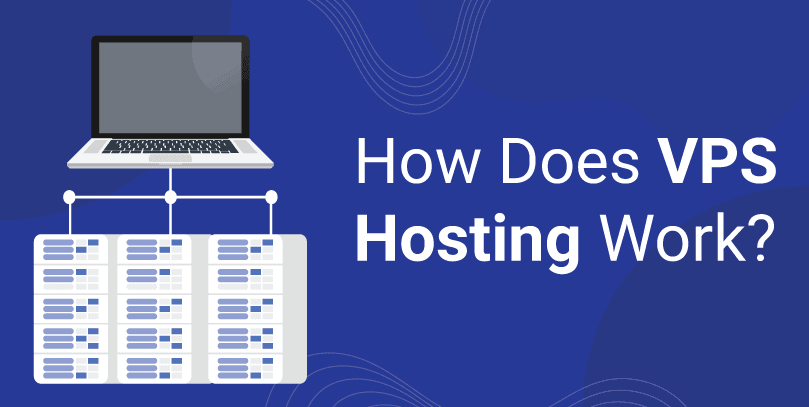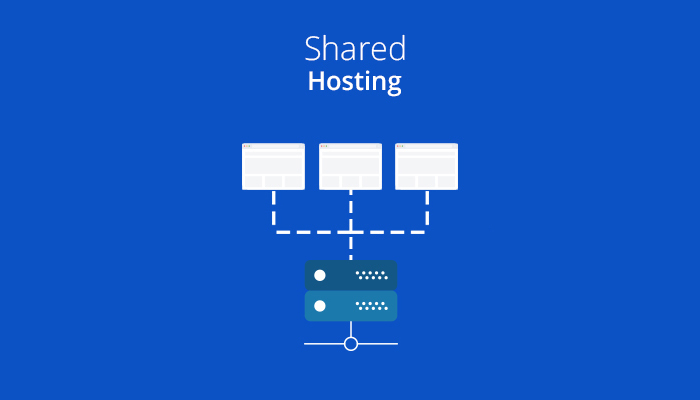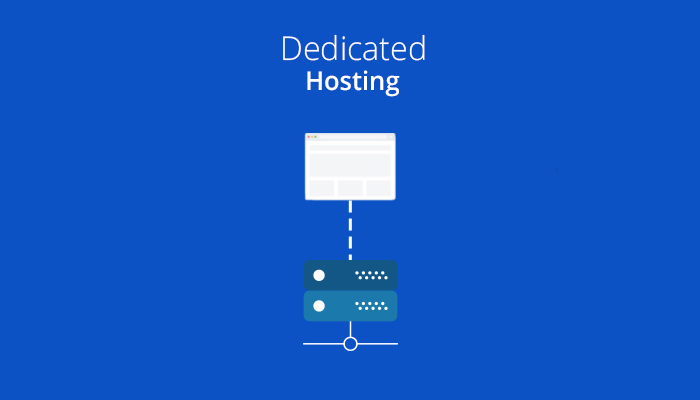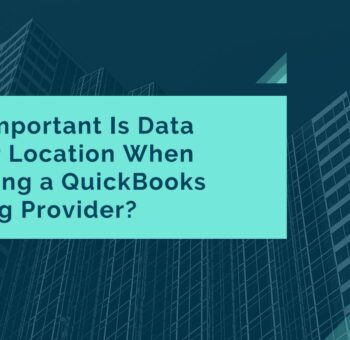What is VPS Hosting?
Virtual Private Server (VPS) is a popular hosting option available for your website. It makes advantage of virtualization technologies to give you dedicated (private) resources on a shared server.
Hosting on your own server is a more stable and safe option than shared hosting. Nonetheless, it is more manageable and cheaper than hiring a whole server.
A VPS hosting plan is typically used for medium-traffic websites that exceed the limits of shared hosting, but do not need the resources of a dedicated server.
Multiple hosting plans are often included with VPS hosting solutions. For example, at Hostinger, we provide six VPS options to fit various company needs and allow you to smoothly grow your site when more resources are required.
VPS Hosting Working

Servers are computers that the web host uses to store databases & files essential to your website. When someone visits your website, the browser sends one request to your server, which then transfers the appropriate data over the internet. VPS hosting gives you access to a virtual server that mimics a physical server, but the computer is shared by multiple customers.
Your hosting provider adds a virtual layer on the server’s OS via virtualization technologies. Essentially, this layer allows each user to install their own OS and applications on the server.
Setting up the website on a VPS allows you to do it in a safe container with assured resources (memory, storage space, CPU cores, and so on) that you don’t need to share with other users. You get the same root-level access with VPS hosting as dedicated hosting, but at a considerably cheaper cost.
VPS & Other Web Hosting Types: Comparison
You can customise your server to varying degrees depending on the sort of web hosting you choose. They differ in terms of price, performance (e.g., page load time), and service availability (e.g., uptime). Read on to learn how VPS hosting stacks up against other hosting options.
Shared Hosting

For website owners with modest traffic, shared hosting is the best option. It is where the majority of small businesses and blogs begin. With shared hosting, you share a physical server with a number of other hosting company customers. Because your site operates on the same operating system as everyone else’s, you won’t get any dedicated resources.
As a result, the amount of memory and computing power available to your site is influenced by the needs of other service users. For example, if a website hosted on the same server experiences a sudden traffic spike, the page load time may increase.
You can’t pick your operating system or other server software because everyone uses the same setup. Overall, your hosting provider is responsible for all aspects of your shared hosting environment.
Shared hosting can be thought of as a rental where one shares a residence with several other people. VPS hosting is still a form of flatsharing, but each user has their own room that they may tailor to their specific needs. They can, for example, choose the painting, furniture, and decorations.
Cloud Hosting

You don’t use a single server with best cloud hosting services; instead, you use a cloud-based cluster. Each cluster server keeps an up-to-date copy of the website. When one of the servers becomes too busy, the cluster automatically routes traffic to a less busy server. As a result, cloud hosting has no downtime because a server in the cluster is always available to handle the requests of your website visitors.
VPS hosting & cloud hosting are not mutually exclusive. Many hosting firms, on the other hand, provide VPS hosting on a cloud architecture.
WordPress Hosting

WordPress hosting is a service that is only available to WordPress users. It includes various WordPress-related features, like one-click installation, a WP command-line interface & pre-installed plugins, that one can only use if you have access to a WordPress site. WordPress-specific servers have been set up. As a result, hosting companies include WordPress hosting as part of their shared hosting packages.
Although you can also set up a WordPress site on a private virtual server, you won’t be able to access the custom in-built servers that have been setup specifically for WordPress. If you still want a VPS for your WordPress site, you can set it up & configure it yourself.
Dedicated Hosting

You rent a whole physical server for your business with dedicated hosting. Dedicated hosting may be the ideal option for you if you have a high-traffic website because dedicated servers are flexible, fast, and fully customizable. However, because the service is not free, it is not suitable for everyone, especially if you run a small or medium-sized website.
Dedicated hosting is one step further than VPS hosting in allowing you to choose and customise your operating system (OS) & server applications. Because the complete server is all yours & no one has a say in its setup, it not only allows you to configure the software but also the setup of hardware. You can also use it to host a dedicated server.
VPS: Advantages & Disadvantages
If you require a specific service, VPS hosting may be the best option for you. The advantages and disadvantages of running a virtual private server are listed below.
Advantages
- It’s more stable and faster than a shared hosting server.
- There is no minimum fluctuation in available resources because server resources such as memory and processing power are assured.
- Other server users’ problems and traffic surges have no effect on your site.
- Your server now has superuser (root) access.
- Because your files and databases are locked from other server users, you have more privacy.
- It’s a service that’s simple to scale. You may quickly upgrade your server resources as your website expands (RAM, CPU, disc space, bandwidth, etc.).
Disadvantages
- It is costlier than shared hosting.
- Managing your server necessitates a higher level of technical understanding.
- Incorrectly configured servers might lead to security flaws.
When To Use VPS & When To Upgrade?

After you have outgrown shared hosting’s resource limitations, virtual private servers are often considered the next step. It’s recommended switching to a VPS plan if the most advanced shared hosting package isn’t enough to keep your website running properly. VPS hosting can provide you the best of both worlds in these situations: shared and dedicated hosting.
However, there are some situations when starting with a VPS plan from the beginning is an excellent option. A virtual private server, for example, might be quite useful for eCommerce websites that require secure payments in a quick and dependable environment.
VPS can actually help you lessen the risk of identity theft & security breaches if you store any form of sensitive data or have to handle online payments.
A VPS hosting plan can also be a godsend if you are expecting traffic spikes on your site at certain times, such as in the case of an event planning or may be a ticket-selling website. On a virtual private server, game servers and other resource-intensive websites perform substantially better.
VPS Alternatives & Managed VPS

One of the most significant disadvantages of VPS hosting is needing to handle your entire server environment. You may face major security concerns and performance loss if your virtual server is not maintained properly. Managed VPS hosting services have been introduced to the market as a feasible answer to this issue. It’s a better-than-virtual-private-server (VPS) hosting option that comes with full technical assistance.
Although managed VPS is still a relatively new product on the market, an increasing number of hosting companies are already offering it to their customers.
Final Thoughts!!
Without needing to run your very own server, VPS hosting gives you assured resources and complete management. It’s a great choice for medium-to-high-traffic, resource-intensive, and eCommerce sites. Businesses that predict quick growth, on the other hand, can profit from the service’s steadiness. It’s absolutely worth considering VPS hosting for your website if you want a stable, business-scale hosting environment at a reasonable price.
We hope that this post has clarified what is a VPS & its hosting?, and how it works for you. If you have any further queries related to Windows Hosting, feel free to reach out to us anytime.


